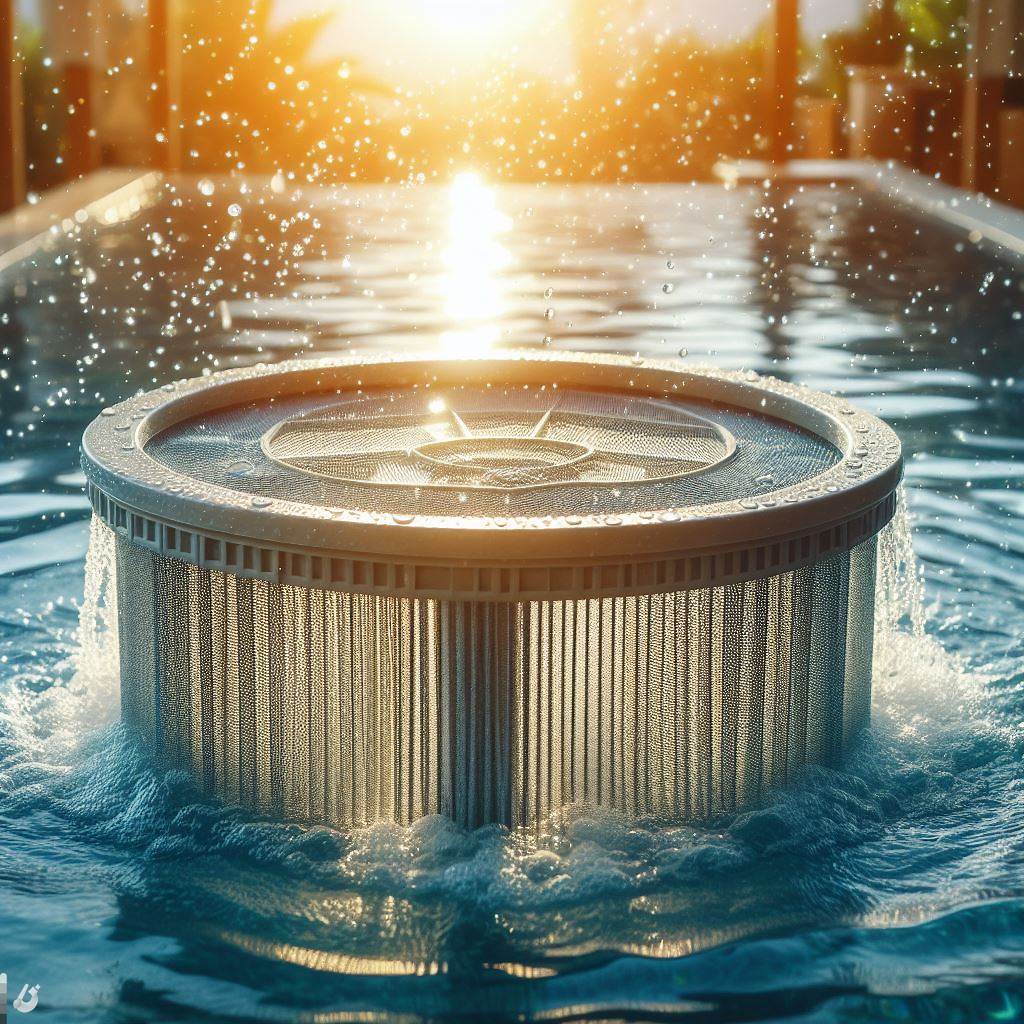Pool sand filters are widely used in swimming pools to remove impurities and maintain water clarity. These filters rely on a bed of specially graded sand to trap debris and contaminants from the pool water. However, to ensure optimal performance and efficiency, certain measures can be implemented to enhance the effectiveness of pool sand filters. This article explores various strategies and practices aimed at maximizing the efficiency of pool sand filters, ultimately improving water quality and enhancing the swimming experience.

Proper Sand Selection
The type and quality of sand used in pool sand filters significantly impact their filtration efficiency. It is essential to use high-quality filter sand that is specifically designed for pool filtration applications. The sand should be properly graded to ensure uniform particle size distribution, which facilitates effective filtration and prevents channeling or clogging within the filter bed.
Adequate Backwashing
Regular backwashing is crucial for maintaining the efficiency of pool sand filters. Backwashing involves reversing the flow of water through the filter to dislodge and remove trapped debris from the sand bed. It is essential to backwash the filter according to manufacturer recommendations or when the filter pressure exceeds the recommended level. Adequate backwashing helps prevent clogging and maintains proper filtration flow rates, ensuring optimal filter performance.
Correct Sand Bed Depth
The depth of the sand bed in pool filters plays a critical role in filtration efficiency. The ideal sand bed depth typically ranges between 20 and 30 inches, depending on the size and specifications of the filter. Ensuring the correct sand bed depth helps maximize filtration surface area, allowing for thorough particle capture and retention. It is essential to periodically check and adjust the sand bed depth as needed to maintain optimal filtration performance.
Routine Maintenance
Regular maintenance is essential for preserving the efficiency of pool sand filters. This includes inspecting the filter system for leaks, cracks, or other damage, and addressing any issues promptly. Additionally, routine cleaning of the filter tank, laterals, and other components helps prevent debris buildup and ensures unimpeded water flow through the filter. Proper maintenance extends the lifespan of the filter and enhances its filtration capabilities.
Chemical Balancing
Maintaining proper chemical balance in the pool water is vital for optimizing the performance of sand filters. Imbalanced water chemistry can lead to issues such as algae growth, scale formation, and reduced filtration efficiency. Regularly test the pool water for pH, alkalinity, calcium hardness, and sanitizer levels, and adjust as needed to achieve the recommended levels. Proper chemical balancing helps prevent filter clogging and ensures effective particle capture by the filter media.
Pre-filtration
Implementing pre-filtration measures can help extend the lifespan of pool sand filters and enhance their efficiency. Pre-filtration involves using skimmers, leaf traps, and other debris removal devices to capture large debris and contaminants before they reach the filter. This reduces the workload on the filter and minimizes the risk of clogging, allowing for more efficient filtration and improved water quality.
Regular Inspections
Regular inspections of pool sand filters are essential for identifying any issues or inefficiencies promptly. Inspect the filter system, including the sand bed, laterals, valves, and seals, for signs of wear, damage, or deterioration. Address any issues immediately to prevent further damage and ensure continued filter performance. Additionally, inspect the pool water for clarity and quality to assess the effectiveness of the filtration system.
Conclusion
Optimizing the efficiency of pool sand filters is essential for maintaining clean, clear, and healthy pool water. By implementing measures such as proper sand selection, adequate backwashing, correct sand bed depth, routine maintenance, chemical balancing, pre-filtration, and regular inspections, pool owners can maximize the effectiveness of sand filters and enhance overall water quality. Investing time and effort in optimizing filter performance ensures a more enjoyable and hygienic swimming experience for pool users while prolonging the lifespan of the filtration system.